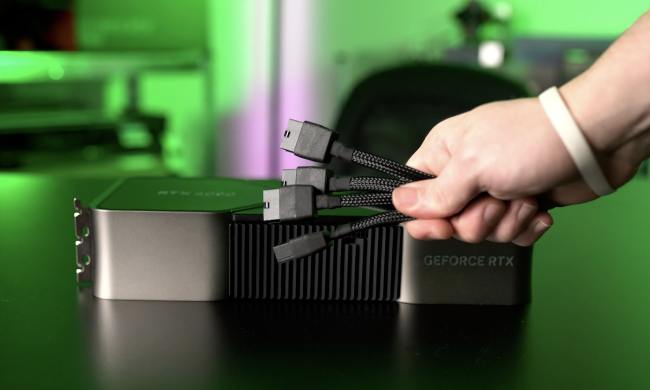
Ercan Findikoglu had spent the last 18 months in a German jail fighting extradition. He now faces U.S. prosecutors who accuse him of orchestrating a highly sophisticated crime that had hackers gaining access to bank-operated computers, enabling them to withdraw massive amounts of cash from ATMs at multiple locations around the world.
Findikoglu, 33, appeared in a Brooklyn court on Wednesday where he pleaded not guilty to 18 charges, among them computer intrusion, bank fraud, and money laundering. According to the New York Times, the judge declined to grant bail to the alleged criminal “because he probably had enough cash to flee the country.”
Prosecutors allege that a team of hackers led by Findikoglu – who apparently went by the online aliases of “Segate” and “Predator” – accessed the servers of at least three credit and debit card payment processors. Once in, they were able to significantly increase account balances connected to Visa and MasterCard prepaid debit cards. The stolen card information was then used to make withdrawals from ATMs using a network of so-called “cashing crews” that were allegedly organized by Findikoglu.
According to prosecutors, one such operation back in 2011 saw cards held by the American Red Cross targeted in a heist that saw $10 million withdrawn from ATMs around the world, Reuters reported.
The single biggest operation, which targeted Bank Muscat in Oman in February 2013, saw cashing crews working across 24 countries to make 36,000 transactions, netting the team $40 million in just two days.
Prosecutors claim that cash from the crimes was fed back to Findikoglu and others by wire transfer, electronic currency, or in person.
Commenting on the case, Kelly T. Currie, acting U.S. attorney for the Eastern District of New York, said on the Department of Justice‘s website that “cybercriminals, and especially hackers as this defendant is alleged to be, wreak havoc and steal millions of dollars by breaching our information systems and networks with clicks and keystrokes from the perceived anonymity of their computers at locations all over the globe,” adding, “However, in doing so they leave traces in digital space that allow law enforcement to identify, apprehend and ultimately hold them accountable for their crimes.”
Findikoglu is due back in court next month.


